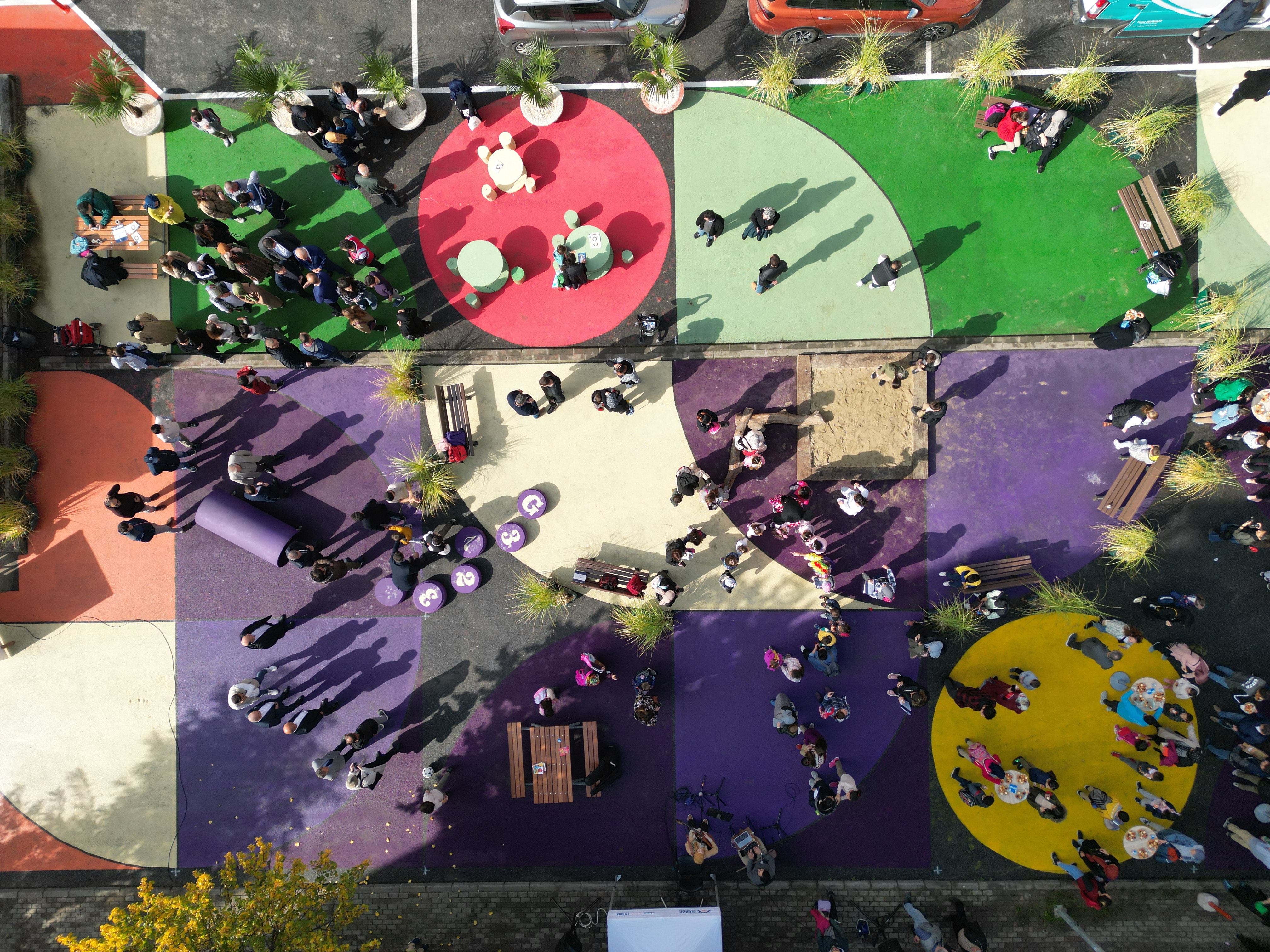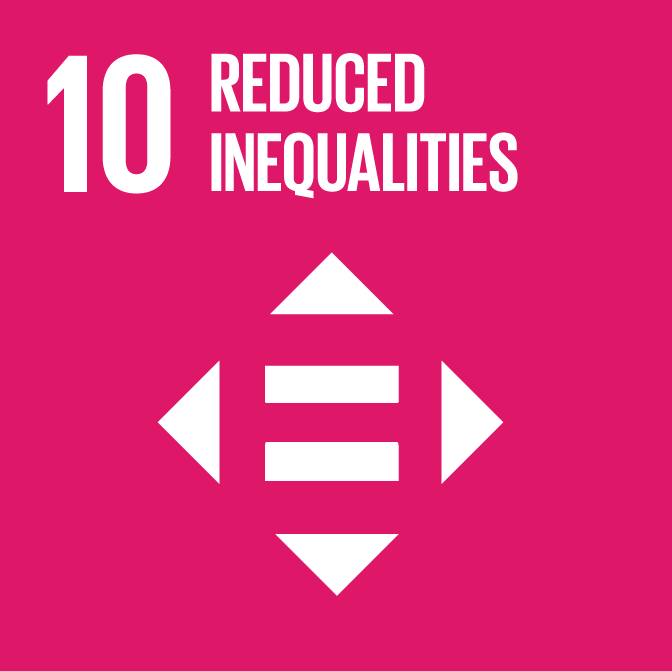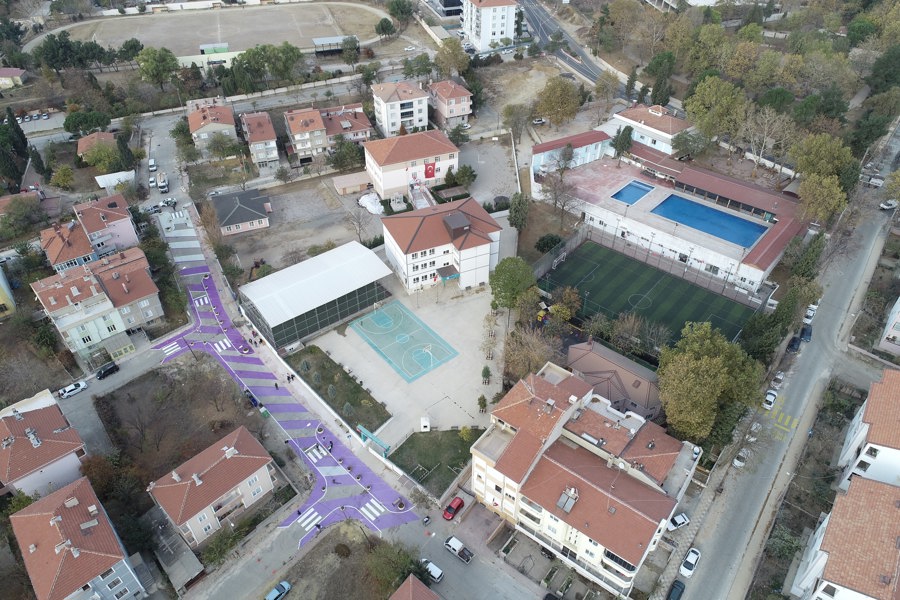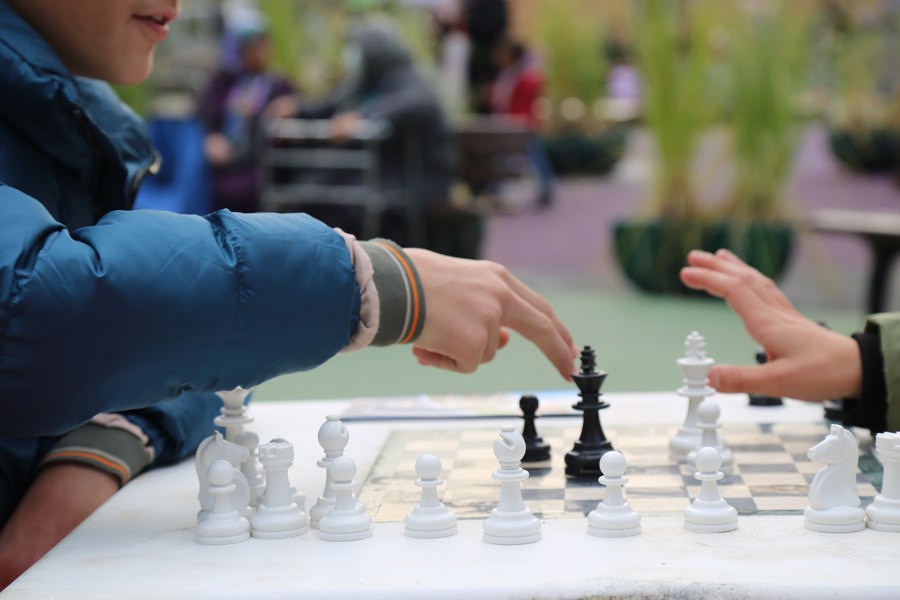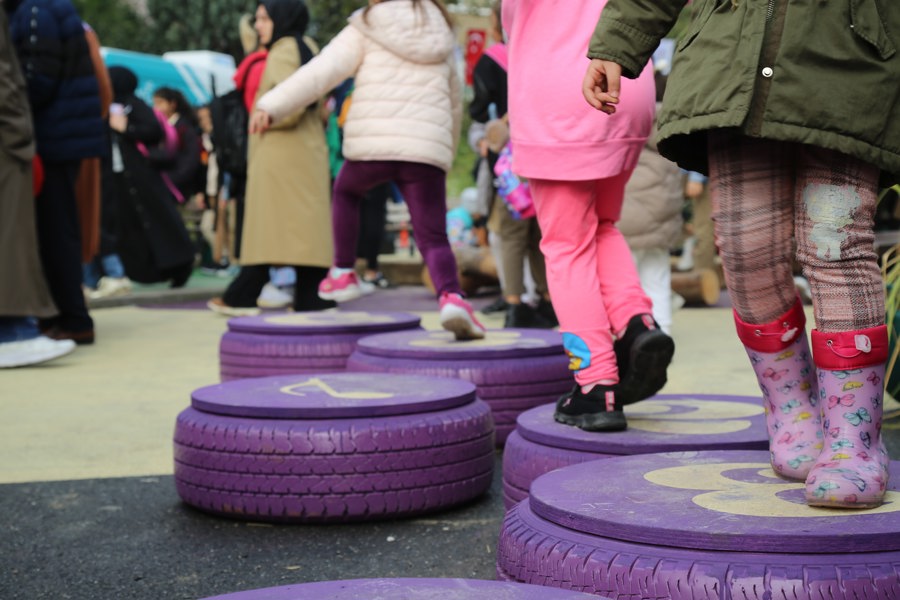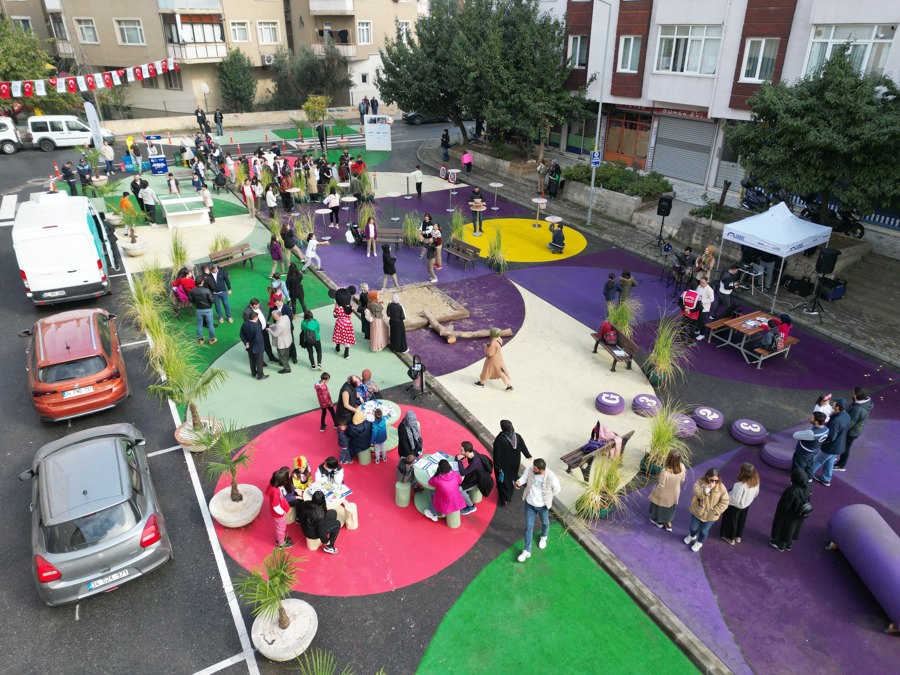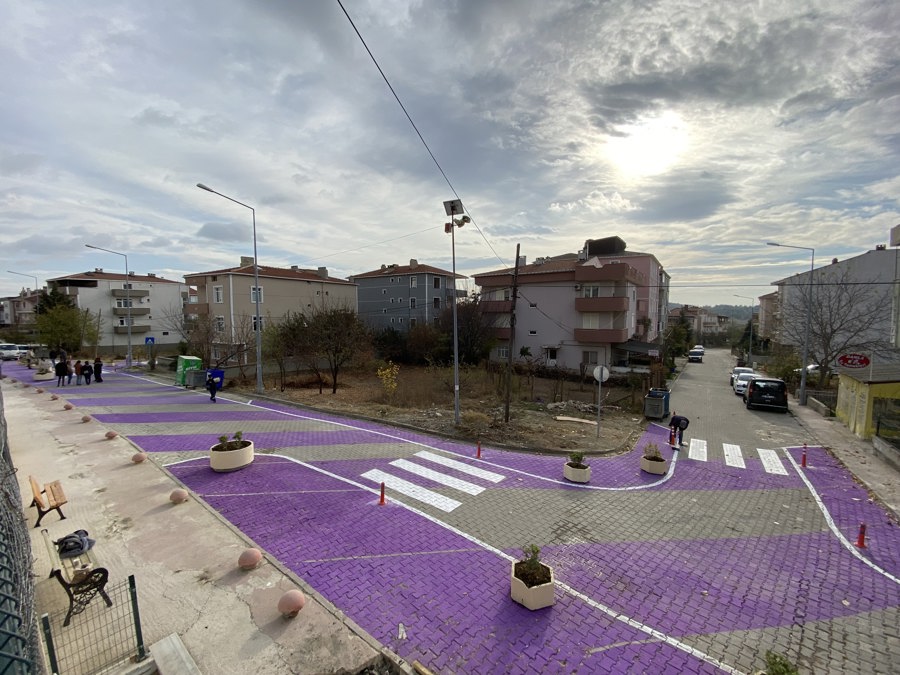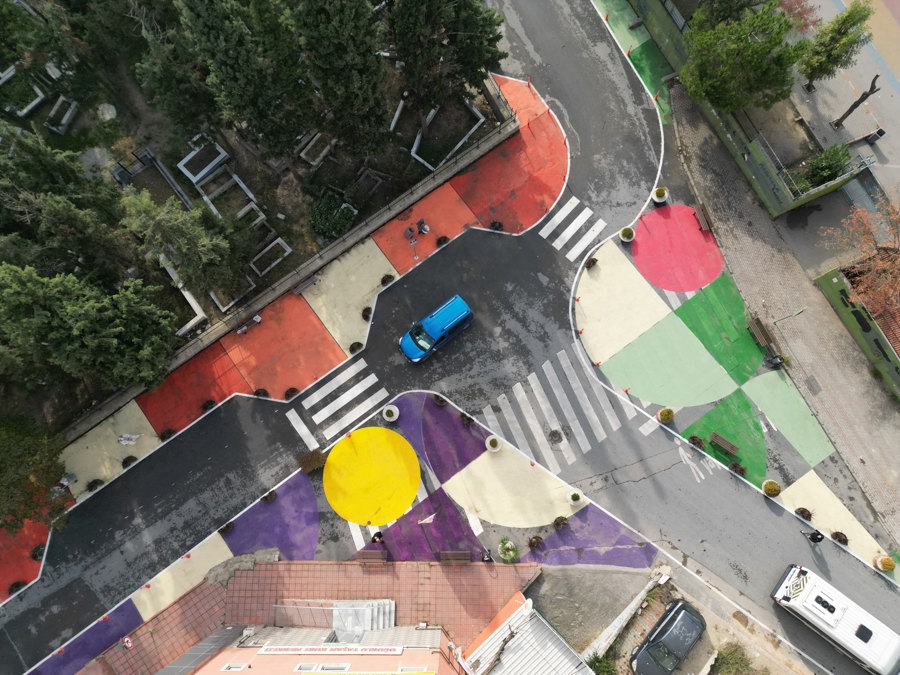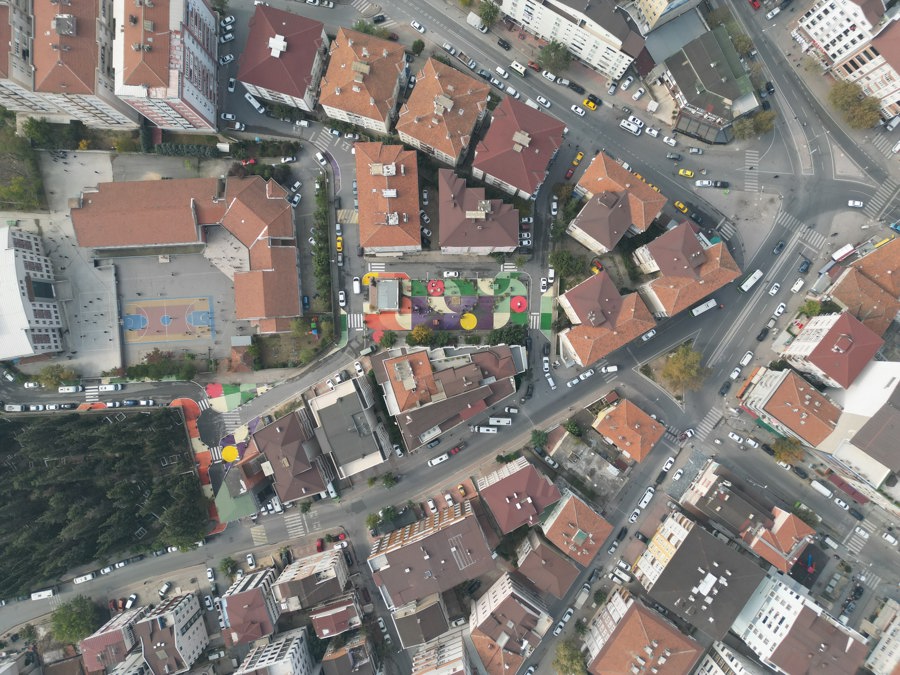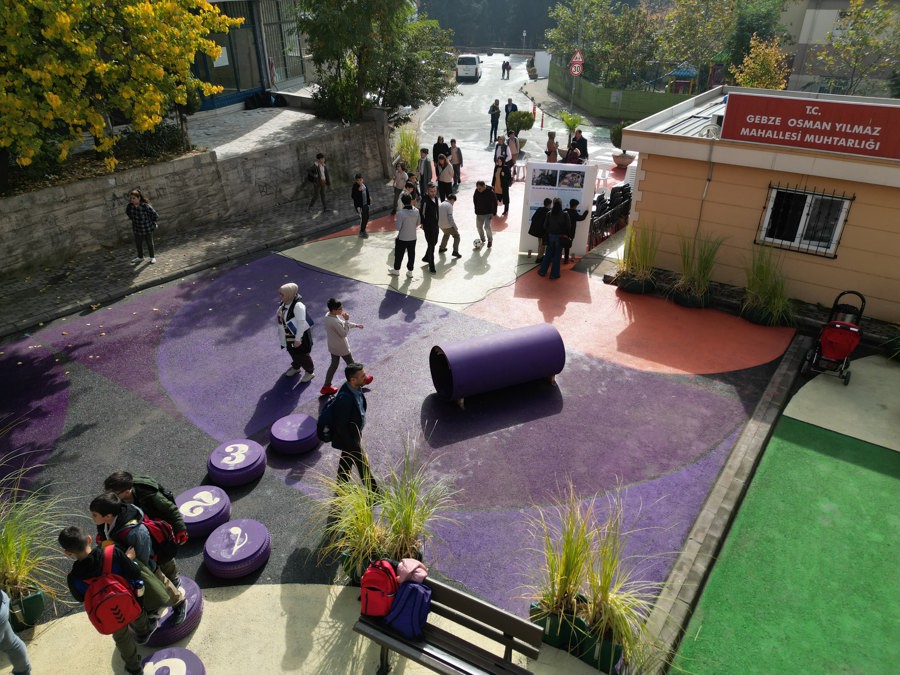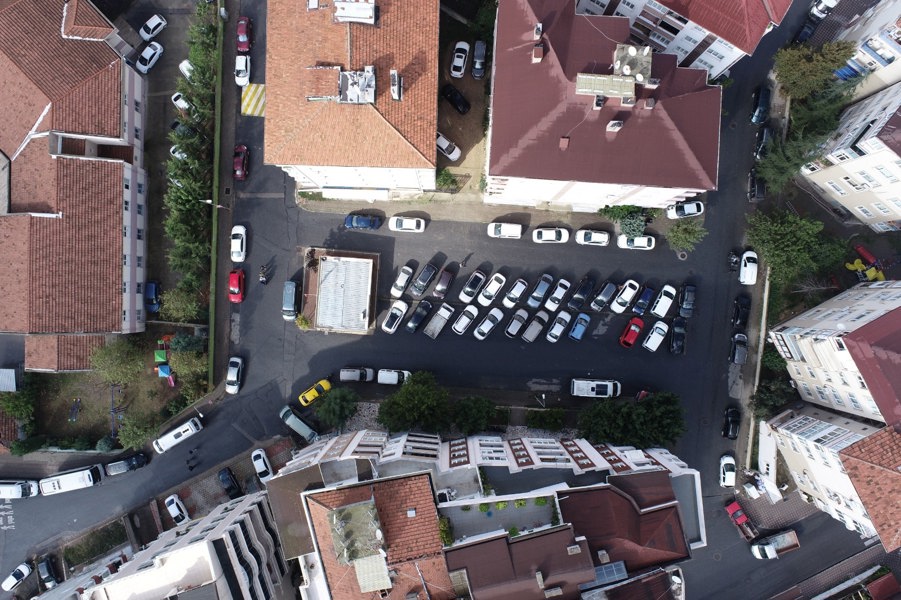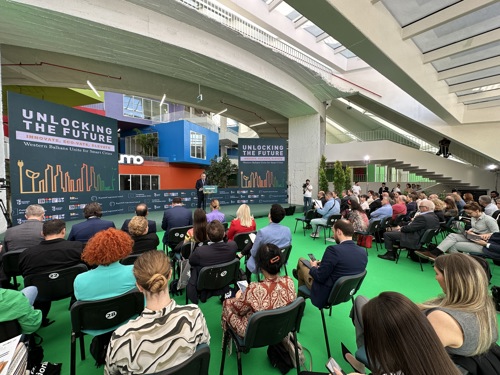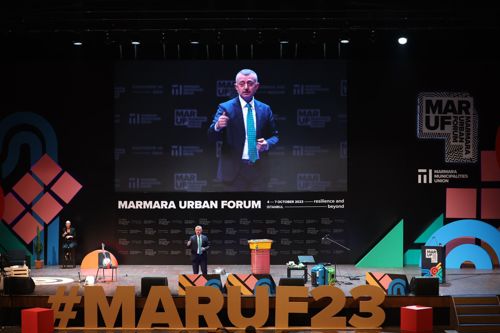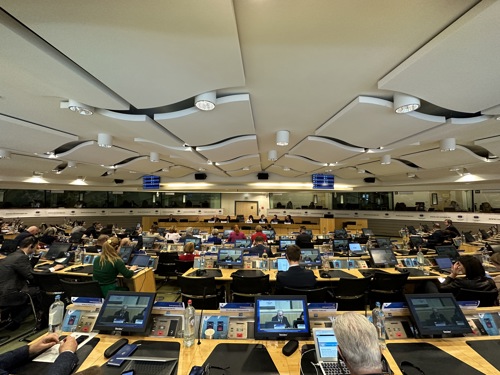Street Transformation Rehearsal Projects Were Implemented in Gebze And Malkara
The way to transform cities into livable areas for children is to make regulations that minimize vehicle-related risks such as polluted air, noise, and traffic violations on the streets. Urban spaces can be transformed into safe spaces by implementing simple arrangements that enable wide sidewalks and car-free spaces, which in turn allow these spaces to offer opportunities to play, learn, build healthy relationships, and allow social interaction for children and their caregivers.
Local governments in this respect are the central actors in transforming car-oriented streets into pedestrian-oriented, child-friendly public spaces and strengthening practices that adopt urban design approaches that prioritize pedestrians and children first. Based on the crucial role the municipalities have in the transformation of street design methodology, “The Street Transformation Rehearsal Project Support Call” was opened by the partnership of Marmara Municipalities Union and Superpool, and the consultancy of Global Designing Cities Initiative in June 2022. Through the support program, two street transformation rehearsal projects were carried out in Gebze Municipality (Kocaeli Province) and Malkara Municipality (Tekirdag Province), targeting car-oriented streets, and transforming them into pedestrian and child-friendly spaces. Additionally, a participatory design workshop and daily rehearsal implementation support and consultancy were provided to Avcılar Municipality (Istanbul Province), along with data collection training to Ataşehir Municipality within the scope of the program.
Rehearsal implementation is a design strategy that is implemented with temporary and flexible materials and makes the participation of the residents in the design processes of their own streets possible. Besides, this strategy ensures data collection, making observations, and the participation of the inhabitants in the process of preparing the permanent project that uses high-cost materials. Thanks to data collection studies that lasted for three weeks in the project areas, the number and the density of vehicles and pedestrians were measured at certain times of the day, and the user profile was determined. As the rehearsal projects aim to raise the safety of children in their respective streets, data collection and counting plans were made with regard to the entrance and exit times of schools located in both areas.
The design processes of both project areas in Gebze and Malkara took the “Road Diet” principle as a basis, which aims to minimize the space reserved for motorized vehicles by reallocating these spaces, such as parking lots, for the use of pedestrians and cyclists via simple interventions. In both project areas, the reallocation was made through the painting of pavements and the usage of barriers in areas reserved for vehicle use. Another design principle that forms the backbone of the rehearsal projects is the “school street” practice that enables the creation of waiting, playing, and socializing areas in school areas via restricting vehicle entry during school entry and exit hours. In designing the school streets along with the intersections adjacent to them, the use of speed limiter barriers and bumps is vital to ensure the safety of the street, as well as the applications that allow drivers to recognize that they are about to enter a slow traffic zone. The use of ground coloring techniques, ground patterns and materials, urban furniture, and plants provides awareness for the drivers to slow down, making safe urban mobility a possibility for both children and caregivers. As a result of the “Road Diet” and “School Street” principles in both project areas, lanes were narrowed, the turning radius of vehicles was reduced, and barriers such as concrete pots and plastic lane dividers were used to make sure the drivers use the right lane at a suitable speed to give way to pedestrians. Arrangements were implemented to prevent the use of sidewalks as parking spots, and thanks to the data collected in the process, pedestrian crossings were implemented in areas that were deemed necessary. Streets were painted and patterned to enhance the sense of pedestrian-prioritized design of the project areas for the drivers and to create a change in the drivers’ behavior. Once the rehearsal projects were completed, Gebze has gained a colorful recreational space between dense residential units in harmony with the dynamism of the nearby schools whereas Malkara has gained a safe school street that gives opportunities to wait, play, spend time and socialize after school.
After these tactical urbanism implementations were conducted by MMU, Superpool and GDCI, along with the follow-up processes of Gebze and Malkara, the “Street Transformation Rehearsal Project Support Program” once again will be open for calls in January 2023 to expand and multiply these practices in the Marmara Region. The scope of the next call will also be expanded and will include training, and employ additional learning tools for municipalities to engage tactical urbanism implementations on their own and ensure that the process becomes sustainable.
